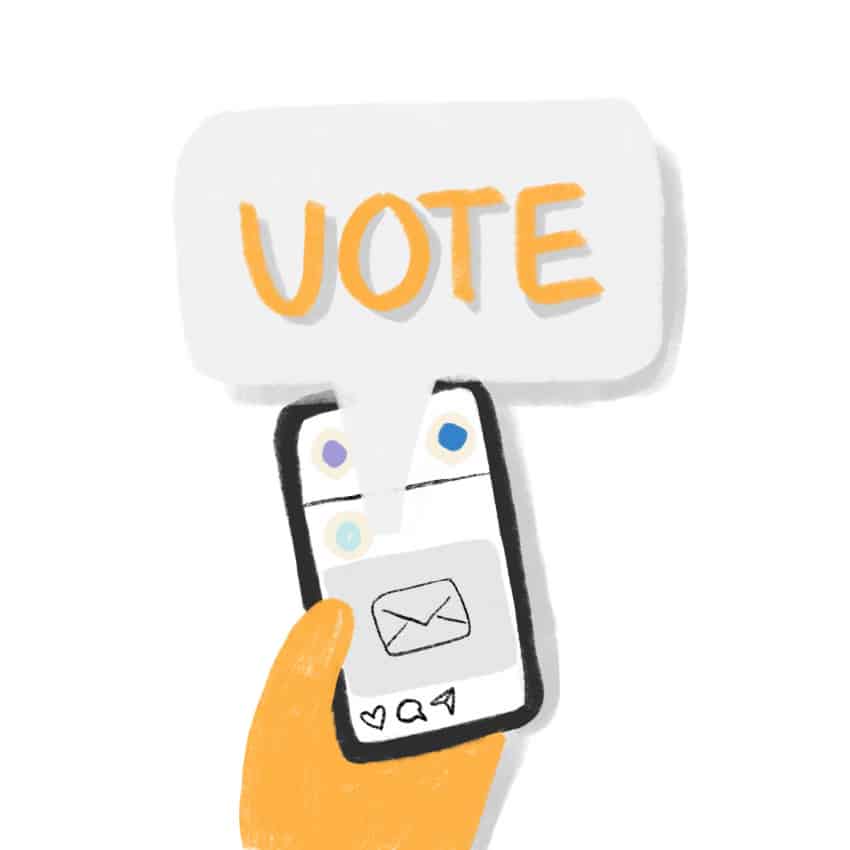
In the upcoming provincial election young people make up a significant voting bloc, and many of us are voting for the first time. Let’s evaluate — how well are politicians reaching out to us, the young people of the province?
I believe the answer to this, unfortunately, is not very well, and in many cases not at all. My experience has been that my fellow young voters and I don’t seem to be a target audience for the candidates currently running in the election.
So far, many politicians have done the typical door-to-door routine, but they don’t make a point of talking to younger audiences specifically.
There are also the usual campaign ads out on TV, radio and social media. However, these advertisements tend to be quite biased, aiming to put one party down in order to make another seem more likeable. This blatant one-sided-ness makes me question the reliability of the information they give.
Overall, it seems to me like the candidates don’t have any special measures to make the voting process more accessible and ensure that we, the younger voters, are involved in our democracy. So how does this make young people feel?
For the most part, I feel quite confused, disillusioned and excluded. I have resigned myself to taking the initiative to educate myself on the parties so I can make an informed decision at the polls. However, I would have much rather someone running for office speak to me about the election and their plans because they actually cared about reaching out to me.
The whole voting process can be quite hard to navigate, especially if you don’t have anyone to answer your questions for you. All these feelings make young people feel like our vote doesn’t count or won’t matter as much — ultimately discouraging us from voting.
This is a problem because there are significant numbers of young people who aren’t utilizing their democratic power by voting. The lack of participation is a shame because all of these voters could have real sway over elections if we felt more included.
So, what can politicians do better?
For starters, campaigners must actively try to reach out to young people.
How do you approach young voters, a politician may ask? Simple, just be real with them. Young people prefer a personal approach to these conversations, so you don’t need to be buried under a script the whole time. Let us engage with you, debate with you and ask questions — this will further encourage us to find our own voice and maybe even use it to support you.
Talking to us doesn’t need to be a mystery; we’re people, just like you. With that said, don’t be condescending — we’ve just become adults and that’s how we want to be treated. Talk with us like an equal, and don’t talk down to us or treat us with kid gloves.
Finally, using media is one of the best ways to reach young people, especially now, when we are unable to have as many in-person conversations. Young people are the majority of users on most social media platforms, so take your pick and use it to your advantage. However, instead of only posting biased, self-promoting ads, just plainly state what your party supports or what you want to accomplish if elected.
All of these efforts will pay off when we young voters start to feel like our thoughts and opinions are valued. When we feel more included, we will be more willing to get involved and exercise our democratic power. Because of this, we might even start changing our provinces and country into a better place not only for us, but the people around us. We all win when politicians do a better job of reaching out to young people.
—
Beth Zentner
Graphic: Anh Phan | Design Editor
Leave a Reply